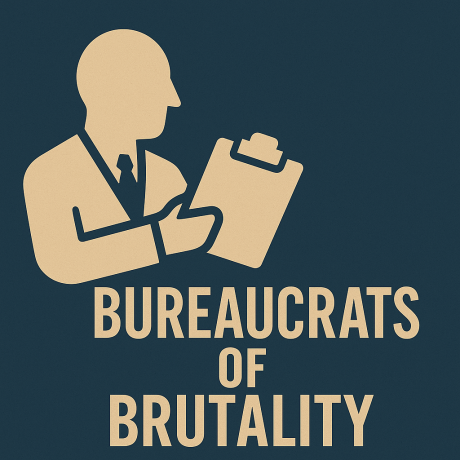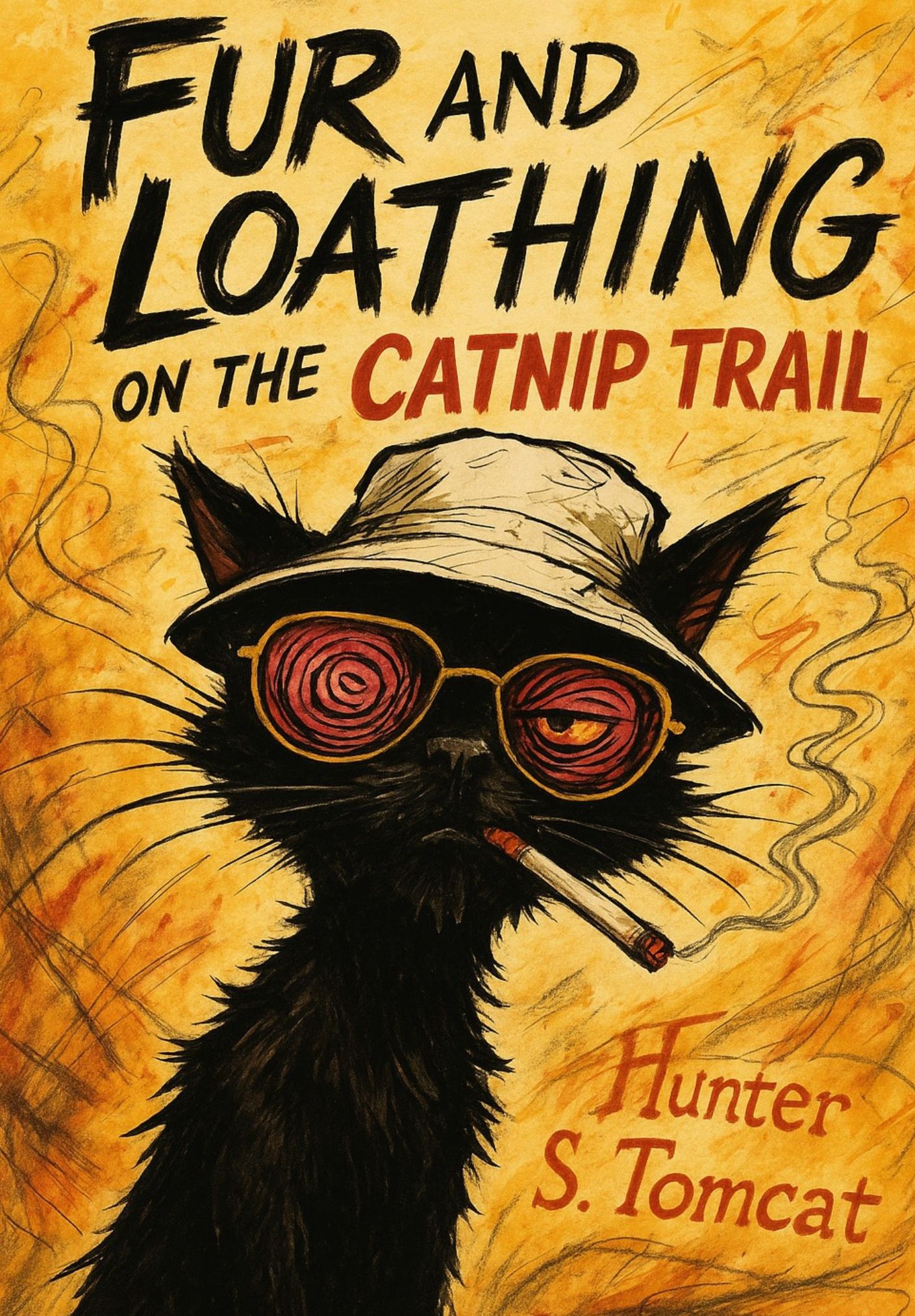The Quiet Menace of the Unthinking
It doesn’t take a monster. It takes a man with a clipboard, a spreadsheet, and a mastery of empty phrases. He doesn’t sweat, doesn’t scream, doesn’t blink. He just “follows protocol.”

Hannah Arendt understood this when she watched Adolf Eichmann on trial. What struck her wasn’t the magnitude of his evil but the banality of it —his profound inability to think. Not strategize. Not calculate. But think — critically, morally, humanly. He spoke in jargon. He hid behind procedure. He relied on clichés the way a child hides under a blanket. And under that blanket, people died.
Fast-forward. The modern American landscape is littered with a different kind of weapon: the incurious. The proudly unread. The bureaucrat who says “I was just doing my job.” The cop who says “standard procedure.” The tech worker who designs the algorithm that profiles without ever asking why or what for.
The rot is systemic because the skill we devalue most — critical thinking — is the one that protects us from moral collapse. When we strip language of its weight, when “metrics” matter more than lives, when “policy” becomes a euphemism for cruelty, we become accomplices.
We’ve created a society where silence is safer than dissent, and questions are discouraged. It’s easier to follow orders than to interrogate them. It’s easier to post a job description than to ask what that job does.
Arendt didn’t call Eichmann a monster. She called him terrifyingly normal. If that doesn’t send a chill down the American spine, nothing will.
Because the next act of evil won’t come from a frothing ideologue. It will come from someone who doesn’t know how — or care enough — to think. And we’ll nod solemnly and move on.
Until it happens again.
